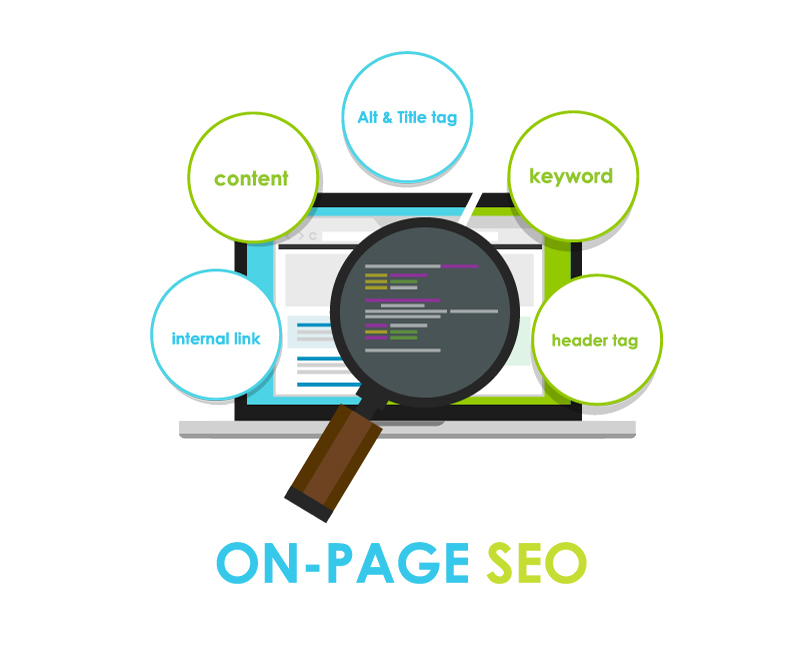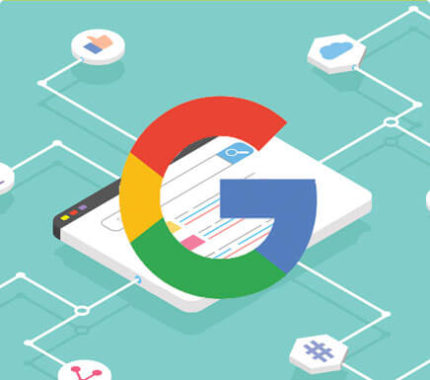The substantial traffic for your website is undoubtedly achieved by organic traffic from search engines. The number of users you attract to your site depends on your rank in the search engine. Therefore organic traffic is always needed to be there.
SEO means search engine optimization, and it includes off-site, on-site strategies used to improve your ranking on the search engine; that is, your site shows up when someone searches for the services or product.
On-site strategies are also known as on-page strategies that focus on optimizing keywords, meta tags, and other technical SEO elements. In contrast, off-site strategies focus on off-page or off-site strategies, establishing a backlink portfolio.
Table of Contents
What Is Off-Page SEO and On-Page SEO?
These two strategies work together to build a page that is prone to search. Both on-site and off-site SEO strategies compliments each other in a way that can bring all the essential factors of a strong website together.
What Is Off-Page SEO?
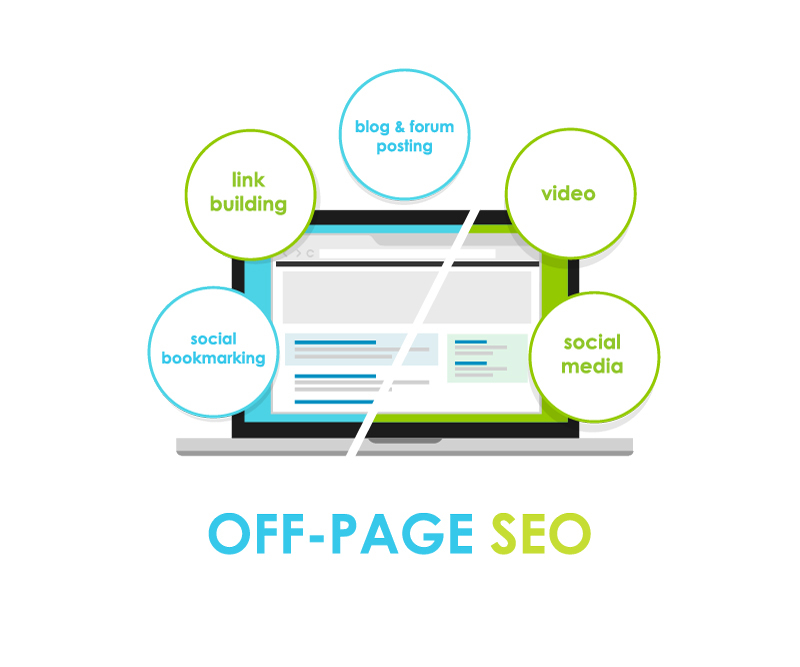
The SEO factors and tactics affecting the visibility of your website but do not exist in your website are known as off-page SEO. All the search engines support and return trustworthy pages to their users with minimum load time.
Apparent reputation, digital ecosystem, and backlinks are the key factors important for a search engine algorithm to declare your website as a trustworthy source.
Link building is one of the off-page optimization strategies of prime importance. If other reputed sites and outbound links support your page, this will demonstrate to search engines that your page is well-reputed and worthy of all the benefits that a well-regarded page may have.
You can say that all the SEO tactics that take your website are handled by off-page SEO. Therefore, to gain overall advantages from an SEO code, you should d use all the off-page SEO tactics including, link building.
Comprehensive SEO strategies may include tactics such as citation building, brand building, social media, content marketing, and many more.
For simple understanding off-page, SEO covers all the off-site tactics that are not linked to your site in any way that it's content or features, etc. To gain a perception of both search engines and users for your site's authority use an off-page SEO strategy to build relevance factor and key trust.
Why You Need Off-Page SEO?
All the SEO strategies are important to help your site gauge the authority through which a search engine justifies your site as a trustworthy source for its users. Therefore off-page SEO strategies are of prime importance without which you may struggle to prove your site worthy for search engines.
There are many high authority websites that already exist in the search engine and without off-page SEO your site won't outrank those sites. Usually, when a user searches for a product or a service, the sites with higher authority will always beat the sites with lower authority to the top search list.
The site's authority is important for building a brand known worldwide. And site's authority will reach sky high with off-page SEO strategies.
there are many off-page signals used by Google's algorithm to rank a website and links are the most important among those.
an off-page strategy that is lacking link-building signals can't attain the desired results. Because links are one of Google's top three ranking factors, it helps us increase click-through rates.
But to have an idea that focuses only on link building will give your site the needed authority, can be a mistake because there are many off-page SEO techniques and tactics that should be used to have the desired results.
Essential On-Page SEO Factors You Need to Know
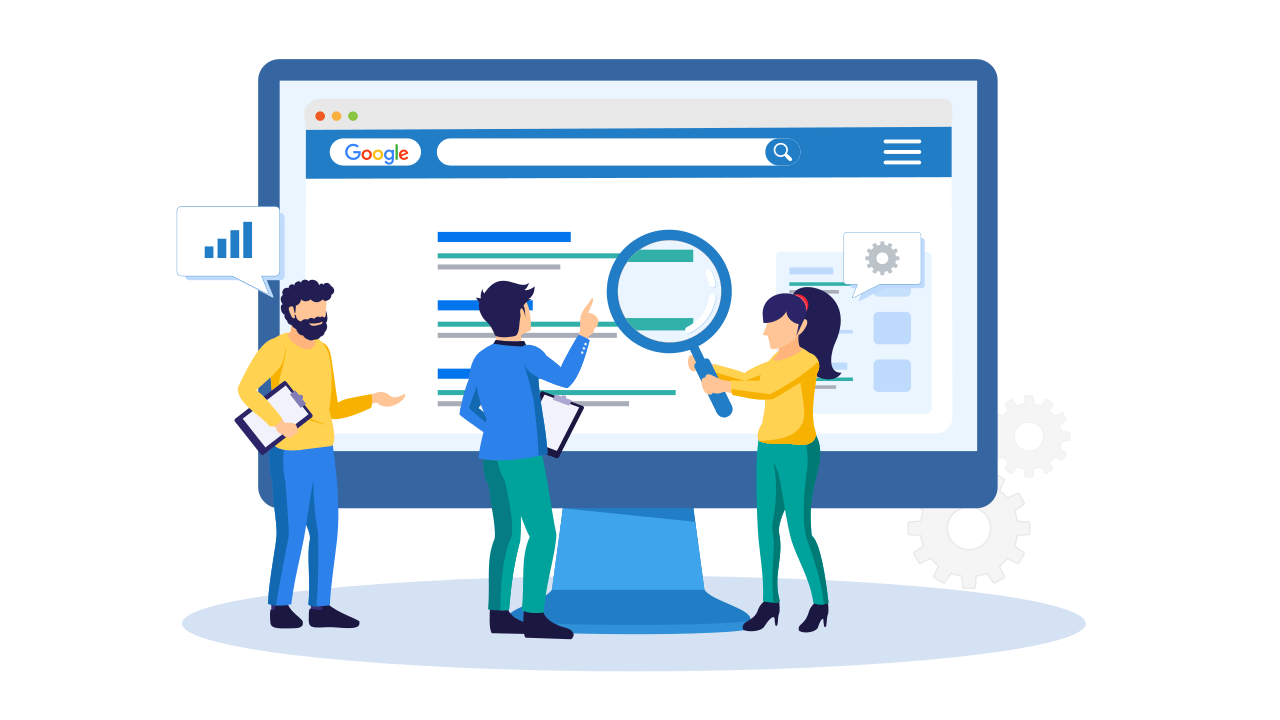
On-page SEO means making sure your website is optimized for search engines. You should make sure that your content is written properly and that it is easy to read. Also, you should use keywords throughout your site.
On-Page SEO is a constant process. It takes time to learn about SEO, but you must always stay ahead of the curve. You need to understand how Google works, and how you can use that information to improve your website. Here are some of the most important things to consider when optimizing your site.
How to Understand On-Page SEO?
On-Page SEO refers to the practice of adding high-quality content on your web pages to improve its ranking in search engines. This includes optimizing titles, headers, and image alt text. It also involves ensuring that the site has expert information, authority, and credibility. You can add external links to your site to increase its credibility. You need to have a fine understanding of your potential user intent only then you can adequately solve problems and answer search queries that search engines mostly demand.
Search intent
Search intent shows what users are looking for in a search query. Search queries are what people type in search engines.
Internal links
Internal links can be defined as text links between two pages that share a similar domain and developing these links is known as internal link building. Inbound links are also important to help users reach their desired content. Link your pages with target keywords to have greater search engine rankings. This is also an important SEO factor.
E-A-T
E-A-T (Expertise, Authorship, and Trustworthiness) is an important factor in how well you rank in Google. You need to produce quality content and be authoritative about your topic. People trust those who provide credible information. Your website needs to demonstrate expertise in your field.
Title tag
Title tags should be unique, descriptive, and keyword-rich. Make sure they are relevant to the content on the page and include your keywords.
Title tags are probably the most essential part of on-page optimization. Make sure to include your target keyword in your title tag, but also make sure it's compelling and enticing enough for people to click on your link.

If you look at the top line of code you will see the title
Meta Description
Meta descriptions have been dominant optimization points, since the early days of SEOs. Meta descriptions, description of the web page, and their content is displayed in SERPS under the heading of the meta tag. By optimizing meta description you can improve the perception of what your site offers all changes, perception of the quality of results, CTR.
Meta Descriptions have been a debated topic in the SEO community, but many people still use them. I've tested my own site and found that they are a ranking factor. When using meta descriptions, make sure that users will be interested in clicking on your link by describing what the page is about.

The meta description is displayed in blue highlight on the right
Headlines
With an attractive headline to secure many potential clicks. That's why it's important for you to write them strategically. You need to come up with titles that are interesting enough to get people clicking through to read more.
Headings are a very important ranking factor. You need to make sure you include your keywords in them. Don't cram too much into one heading. Feel free to spread things out and use different variations throughout the page.
Headers Tags
Headers are important to make sure you're getting the most out of your website. You should use them to provide information about your page. Use headers to help people understand what your page is about. For example, if you're writing about a topic, put some keywords in there. This helps search engine crawlers know what your page is about, and also makes it easy for your readers to understand what your page is talking about.
SEO Writing
Writing content with search engine users and your readers in mind all comes under the heading of SEO Writing. You need to write content that is useful and relevant to your audience. Writing concrete SEO content is about much more than simply using keywords - you should also consider how your content will appear when someone searches for something similar.
Keyword Cannibalization
You need to be careful about how many pages you target for each keyword. Too many pages could lead to keyword cannibalization. And keyword stuffing can lead to a frustrating user experience. To avoid keyword stuffing focus on relevant keywords only. Optimize your page by adding the right keyword phrases, that will help your page to maintain a healthy keyword density that is an important SEO strategy. Pages that lack keyword density or lack primary keyword usage can lose their authority with search engines.
Content Audit
As a content creator, you have to focus on both making new content and at the same time auditing your existing content, but this is a flaw because users are intended to read engaging content. You need to audit your existing content because it assists you to evaluate if your present content is meeting its gaining ROIs and goals, and it will also save from duplicate content. Your existing content may be inaccurate or out-of-date. You also want to identify what type of content is best for you. A content audit can significantly help your SEO strategies and you should do them regularly to avoid duplicate content.
Image Optimization
You can make your page appealing by adding hum high-resolution pictures. However, some images can actually decelerate your site. To make valuable use of SEO assets optimize your images properly. Images should also be used to support the content on your page, and use ALT tags and descriptive titles should appear in image search too. User experience among other things should be satisfactory and that can be attained by image optimization.
User Engagement
If you have enhanced your website's on-page SEO features then you have already attainted half of the success. The other part is to make sure that visitors stay, read your content, find it interesting, and keep returning for more. Holding on to interested users is a challenge, but it's definitely possible. Focus on characteristics such as page optimization, site performance, and user experience among others.
Meta tags' On-Page SEO
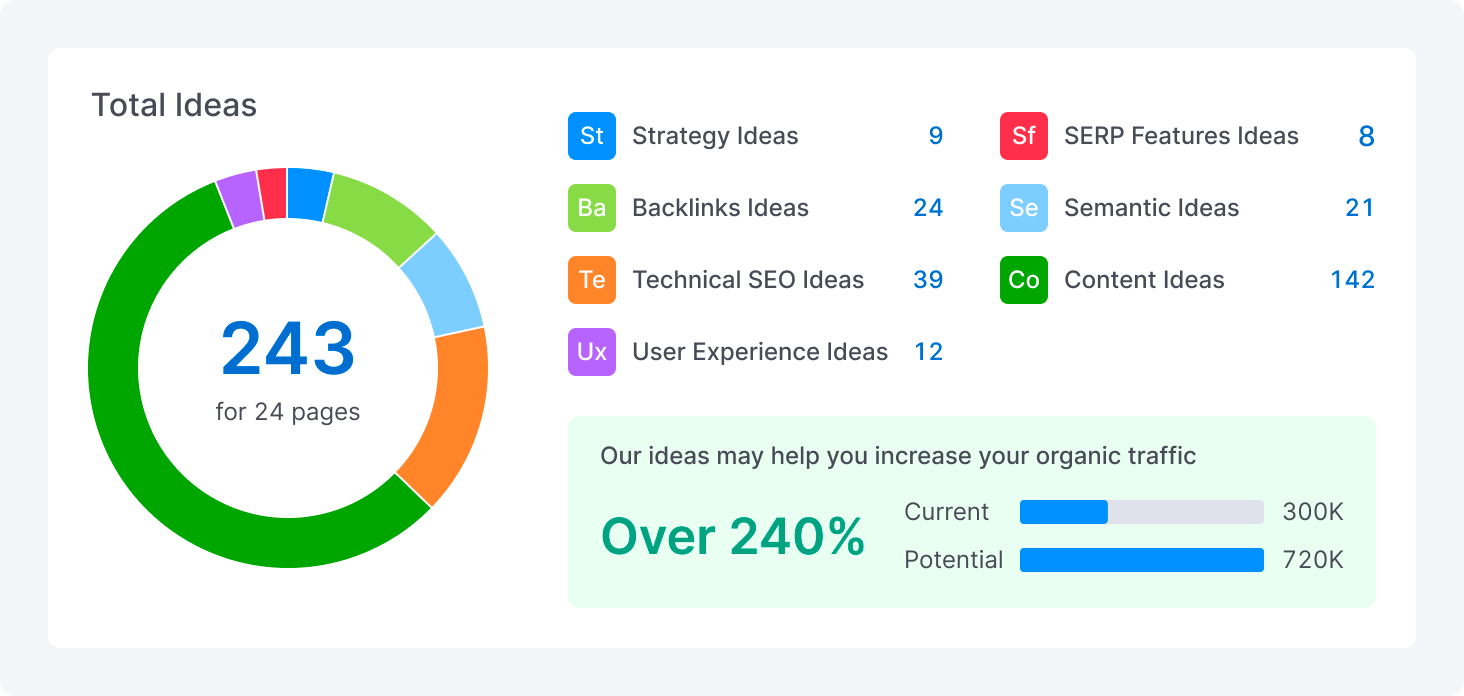
Your title tag should contain your primary keyword. Use lowercase letters and avoid all caps. Don't use more than 50 words in your title. Make sure your title isn't longer than 65 characters. Also, make sure you're using the right keywords in your title. You need to include them in the title tag as well as on every page.
chose compelling and clear titles that use keywords. Use the primary keyword in your title tag. Make sure your title tag is under 60 characters long. Don't forget to include your keyword inside the title tag. Use the same character count when writing your meta descriptions. Be careful not to overuse keywords or duplicate them across both your title tags and meta descriptions.
Types of Structured Data
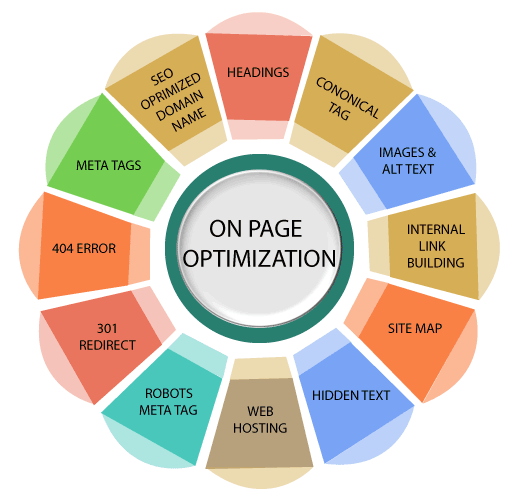
Google analyzes the content with the help of structured data that is a specific on-page SEO code you put on your personal pages. Rich snippets increase the chance of researchers clicking your link.
Structured Data Tools
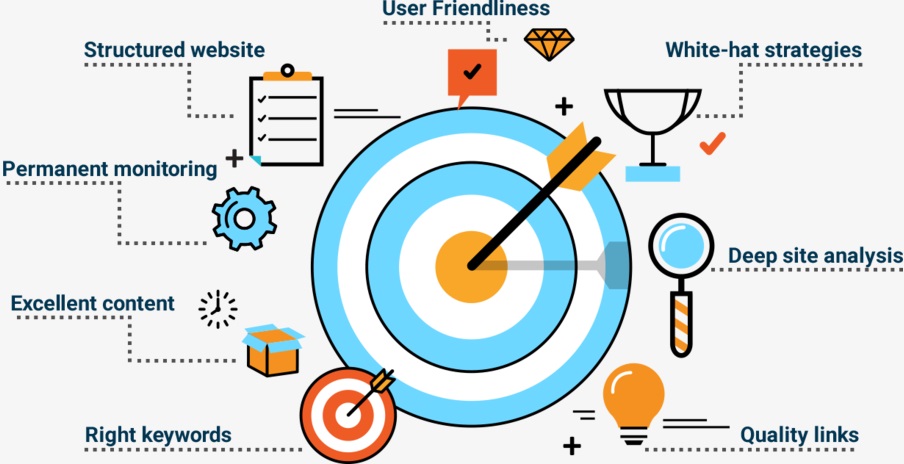
Semrush and Ahref are the keyword research tools that include a SERPs analysis that reveals its shown features. This helps you analyze what type of data you'll need to carry out to manifest those features. Here's a short list of some more alternatives to Ahref that may help you in understanding it. By entering the URL of a web page, Google will assist you in how to add structural data. then Google's Structured Data testing tool can be used to further check the structured data. Or, you can use Bing's guide to mark up your website with structured data.
You can crawl your personal site or any other site by copying the code provided above into a text file. Then save it as an a.txt file. This allows you to crawl any website.
Technical SEO
All the SEO strategies fall under three main categories.
- Off-page SEO
- On-page SEO
- Technical SEO
As you have on-site and off-site SEO are already explained, we will focus on defining technical SEO.
Things that impact the crawling and indexing of your site by search engines are mostly covered under the category of Technical SEO. SEO strategies such as structured data, site speed optimization, href lang, canonicalization fall under technical SEO.
Our Final Thoughts About On-Page SEO
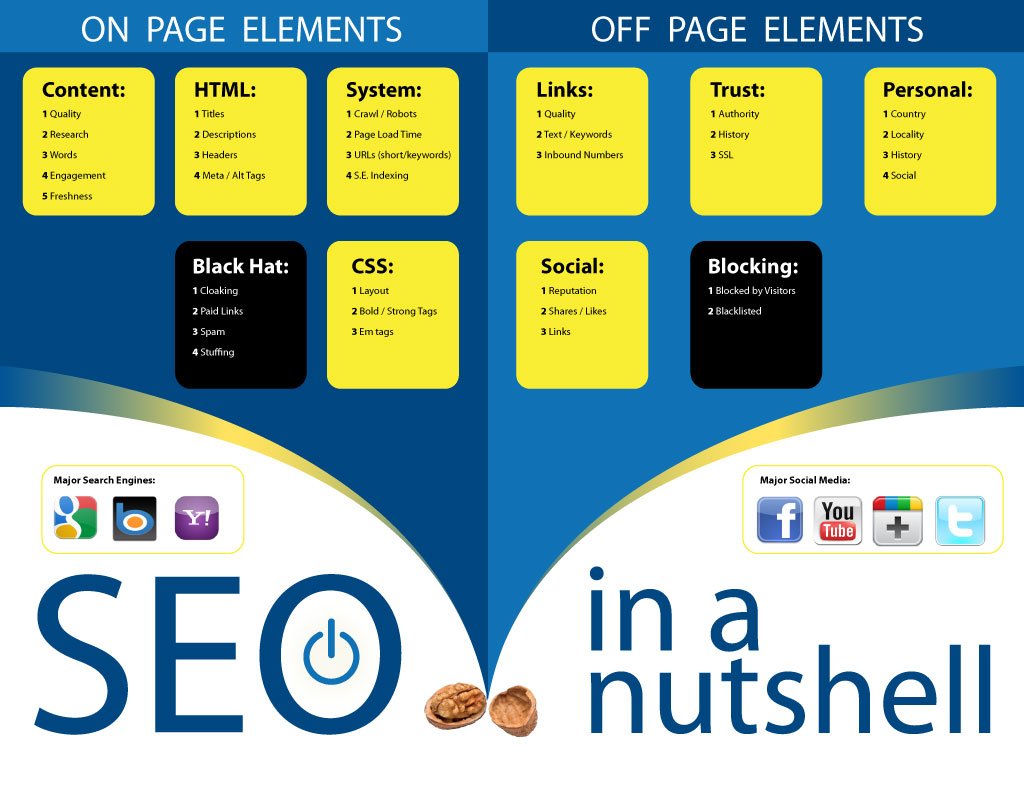
if you want your website to show up every time users search for a product or service, on-page SEO is all you need. Regularly optimizing for on-site factors can help improve your conversation, rankings, and traffic! If you want a team of SEO experts to handle your on-page needs, contact Osborne Digital Marketing today!
